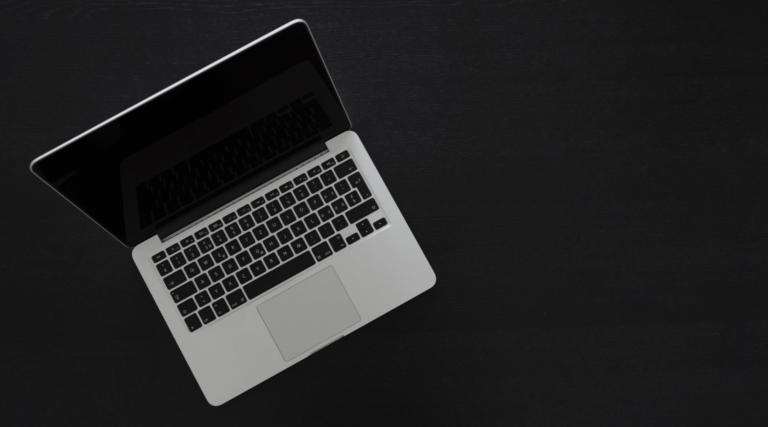According to a recent confirmation by Apple, the Company’s latest security chip T2 will hinder repairs by third parties to some extent. When answering a question from The Verge, Apple confirmed that third parties would not repair some parts of its new MacBooks such as the logic board and touch ID components. As a result, any of the new MacBook users will have to visit an authorized Apple service provider to repair any of the named parts. However, the company did not clarify if the same is true for the T2 chips of the iMac Pro released last year. The rumors that Apple was going to block third parties from repairing some of its MacBooks parts first came to light last month when a confidential document was found by Motherboard and MacRumors. From the record, it suggested that only authorized Apple service providers will have a unique software that will determine whether some parts of a given MacBook are original.

It was later revealed by iFixit CEO Kyle Wiens that the MacBook T2 Chip is the one being held by Apple. The main aim of the chip is to make sure that only authorized personnel can perform critical repairs and gain more control over who accesses the parts. It is thought the move is to have more market shares and shun off independent repair service providers. On the other hand, the movement might be one that ensures Apple’s authorized network remains in line. It is tough to figure out the real reason for this move. With the new chip in place, the Touch ID and the boot process will have increased security. In an experiment, Ifixit was successful in replacing the logic board, screen, Touch Bar and logic board of one of the latest MacBook. Last summer, Apple confirmed that one did not need a configuration software to replace the screen of a MacBook. However, this might still change one day.

On the other hand, Apple is trying to make some component repairs less complicated. From what MacRumors proclaim, replacing the battery of the latest MacBook Air is relatively more straightforward. Today, Apple is trying to fight the “right to repair” rule that will require such companies to provide repair guides, tools, and diagnostic software to the public. Not only does hindering third-party repairs affect the cost of ownership of any of Apple’s products but also affects third repair service providers. However, if the limit only affects a few components, that should not be a problem for your favorite repair shop. All we can do is wait and see what parts will be affected by the new MacBook T2 repair chip.

